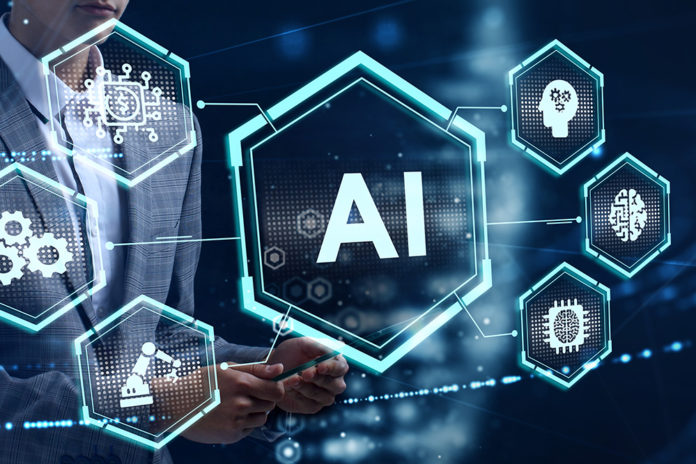
The AI pioneer highlights chatbot risks for exploitation by malicious entities
Geoffrey Hinton, the “godfather of AI,” has resigned from Google, expressing concerns about the prevalence of fake information, videos, and photos on the internet and the potential for AI to disrupt the job market. Hinton, who is best known for developing a neural network with two of his students in 2012, left the company in order to freely voice his concerns about AI’s dangers and regrets his contribution to the field. Hinton was hired by Google ten years ago to assist in the development of the company’s AI technology, and his research has paved the way for current systems like ChatGPT.
According to the New York Times, Dr. Geoffrey Hinton, often referred to as the godfather of AI, left Google due to concerns about the potential for AI to disrupt the job market and the spread of fake information and media online. Hinton, who had joined Google a decade ago to assist in the development of its AI technology, regretted his involvement in the field and wanted to speak freely about the dangers of AI. In an interview with the BBC, he explained that the risks posed by AI chatbots were “quite scary” and that they could be manipulated by bad actors. Hinton warned that these chatbots could eventually surpass human intelligence, which he believed to be fundamentally different from the intelligence that AI technology was developing.
Hinton is worried about the current reality of AI-generated content flooding the internet, leading to people being unable to distinguish truth from fiction. The development of image generators like Midjourney has made it possible to create photo-realistic images, such as the viral image of Pope Francis in a Balenciaga puffer coat. Hinton also believes that AI will eventually replace jobs like paralegals and personal assistants, as well as other repetitive tasks, with the possibility of more job displacement in the future.
Jeff Dean, Google’s chief scientist, expressed gratitude for Hinton’s decade-long contributions to the company in a statement, stating that he would miss their conversations and wished him well. Google was one of the first companies to publish AI principles and is dedicated to a responsible approach to AI while also being innovative. Meanwhile, IBM’s CEO Arvind Krishna told Bloomberg that up to 30% of back-office roles in the company could be replaced by AI and automation within five years.
The Guardian recently demonstrated the vulnerability of voice biometrics for authentication by bypassing a voice authentication system used by Services Australia with an online AI voice synthesizer. This raises doubts about the feasibility of using voice biometrics for authentication. Toby Walsh, the chief scientist at the University of New South Wales’ AI Institute, advises people to question any online media they encounter and consider the possibility that it has been spoofed.



